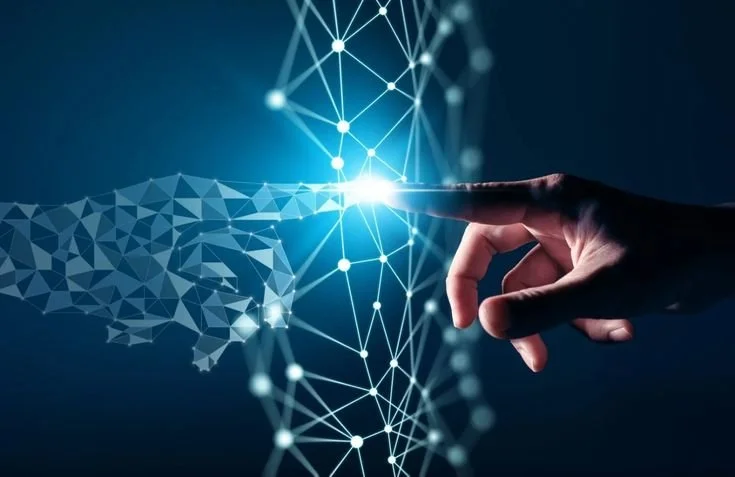AI and the Human Touch
We’ve been talking a lot about how AI is entering our lives—quietly at first, and now, it feels like it’s everywhere. From how we work and communicate to how we make decisions, AI has already become part of our daily operating system.
I still remember not that long ago when most people around me were skeptical. We joked about ChatGPT’s math mistakes and awkward phrasing. But now? I can’t name a single founder or operator who isn’t using AI to refine their pitch deck, outline a content strategy, or automate part of their workflow. It’s like hiring a personal assistant who never sleeps and always delivers—fast.
But there’s a flip side. More and more content feels… off. Polished but flat. Efficient but emotionless. You can tell when something was written by a person—and when it was written for efficiency. Even HR teams are now learning how to detect AI-written responses in interviews.
AI has clearly made our lives easier. It streamlined tasks, boosted productivity, and removed friction in a thousand small ways. But it also raises a bigger question: what should remain unmistakably human?
I believe AI excels when it comes to structure, logic, and data—areas where creativity or emotional depth don’t play a key role. It helps us process information, analyze patterns, and make informed decisions. But when it comes to storytelling, leadership, and influence—AI can’t replace our personal energy or authenticity.
That’s especially true in the mentor-mentee relationship.
AI can help summarize insights, structure goals, and even generate growth plans—but it can’t replace what truly moves people: empathy, presence, and shared experience. A good mentor doesn’t just provide answers; they mirror your thinking, challenge your assumptions, and help you see yourself more clearly.
And for founders, that’s where the real growth happens—in conversations that AI can’t simulate.
So as we continue integrating AI into every corner of our work, maybe the task isn’t to separate “AI” from “human.” Maybe it’s to build systems where AI does the heavy lifting—so people can focus on what only humans can do: connect, inspire, and lead.
Because in the end, people don’t follow algorithms.
They follow people.
How do you personally balance AI-driven efficiency with authentic human connection—in mentoring, leadership, or your day-to-day work?

